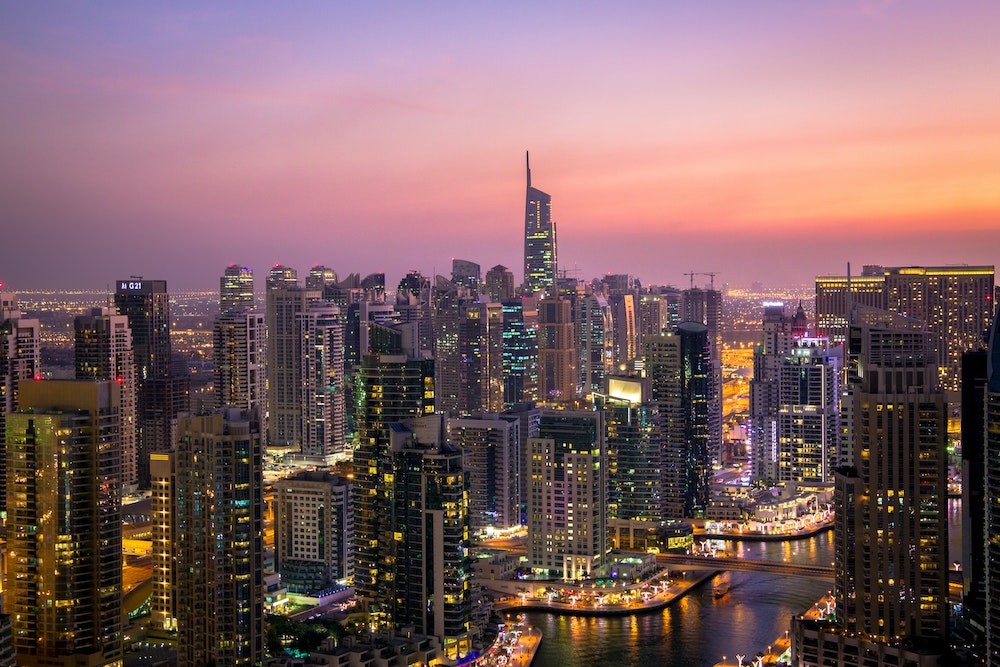
As the saying goes, special situations bear special opportunities.
Property prices in Dubai have witnessed a decline during the past four years, making luxury Dubai property significantly cheaper than in peer cities. In figures: An investor buying a luxury property in Berlin will have to shell out 79,23% more per square metre than for a comparable real estate asset in Dubai (Knight Frank PIRI 100 Index 2017).
At the same time, AirBnB hosts in Dubai can charge the 3rd. highest prices in the world, showing a continued upward trend, increasing 7,1% y-o-y in 2017 („Bloomberg World Lodging Cost Index“).
A logical course of action to take advantage of this situation is to invest into suitable apartments in high-demand areas, thereafter renting them out on a short term basis, leveraging sophisticated marketing strategies using global portals like AirBnB, booking.com and others.
The described situation realistically puts two digit ROIs into reach, not considering the likely stimulation of tourism through the Expo 2020 event or a capital appreciation during the forthcoming property cycle.
Specific Benefits – Wide Audience
With the official adoption of AirBnB in Dubai dating only two years back, there are 6.200 AirBnB homes in Dubai at present, representing a very small percentage in comparison to the stock of hotel units. Obviously catering to tourists and business travelers, there are other audiences beyond this typical scope (see my previous article) who value the comfort and flexibility of such an offering.
Considering the fact that Dubai`s hotel industry had been overly focused on the luxury segment in the past, affordable hotel options are scarce, notably in the most sought after tourist and business districts like Downtown, The Palm and DIFC, as well as Dubai Marina and JBR.
It is therefore not surprising that AirBnB rates have been at a premium over hotel average daily rate (ADR) levels in these areas, indicating the consumer`s preference for more spacious accomodation in Dubai`s hotspots.
Shift to the Middle
Featuring the world`s highest per capita tourist spending (106% more than London in 2016: MasterCard Global Destinations Index) and being no. 3 of the world`s most visited cities already, Dubai is now implementing a plethorea of measures to further strengthen its appeal to travelers. Eying especially the vast and most dynamic source markets in Europa and Asia, the Emirate is now diversifying its tourist offerings down into the middle class and family segments with the ultimate goal to sustain its hospitality industry`s growth momentum.
These include:
- Creating new family-centric attractions like theme- and water parks
- Visa-on-arrival for Chinese and Russians
- Strengthening its profile as a destination for medical tourism
- Substantial marketing efforts in the growth markets China, India and Russia
- Offering 48 hour visa for stop-over travelers.
With 70 million passengers transiting only through Dubai`s DXB airport in 2017 (not counting DWC), the potential of the 48 hour visa option to the local hospitality industry becomes impressively obvious.
Revenue Calculation
Below-mentioned calculation shows achievable revenues for a specific 1-bed apartment in the Business Bay district. It includes all costs for acquisition and daily operation of the unit, including service charges, maintenance, marketing etc. Further, neither capital appreciation nor increasing room or occupancy rates („expo effect“) have been assumed.
